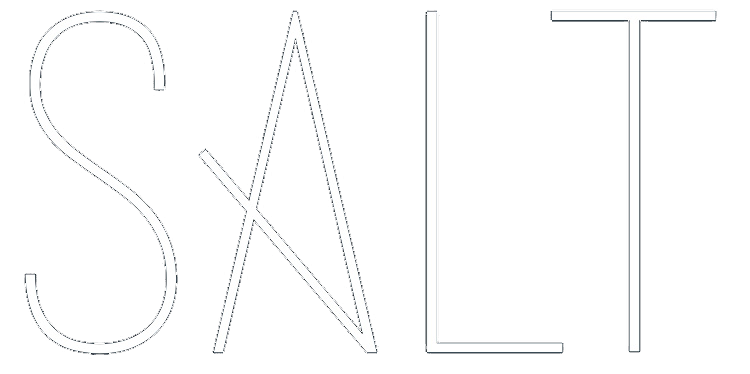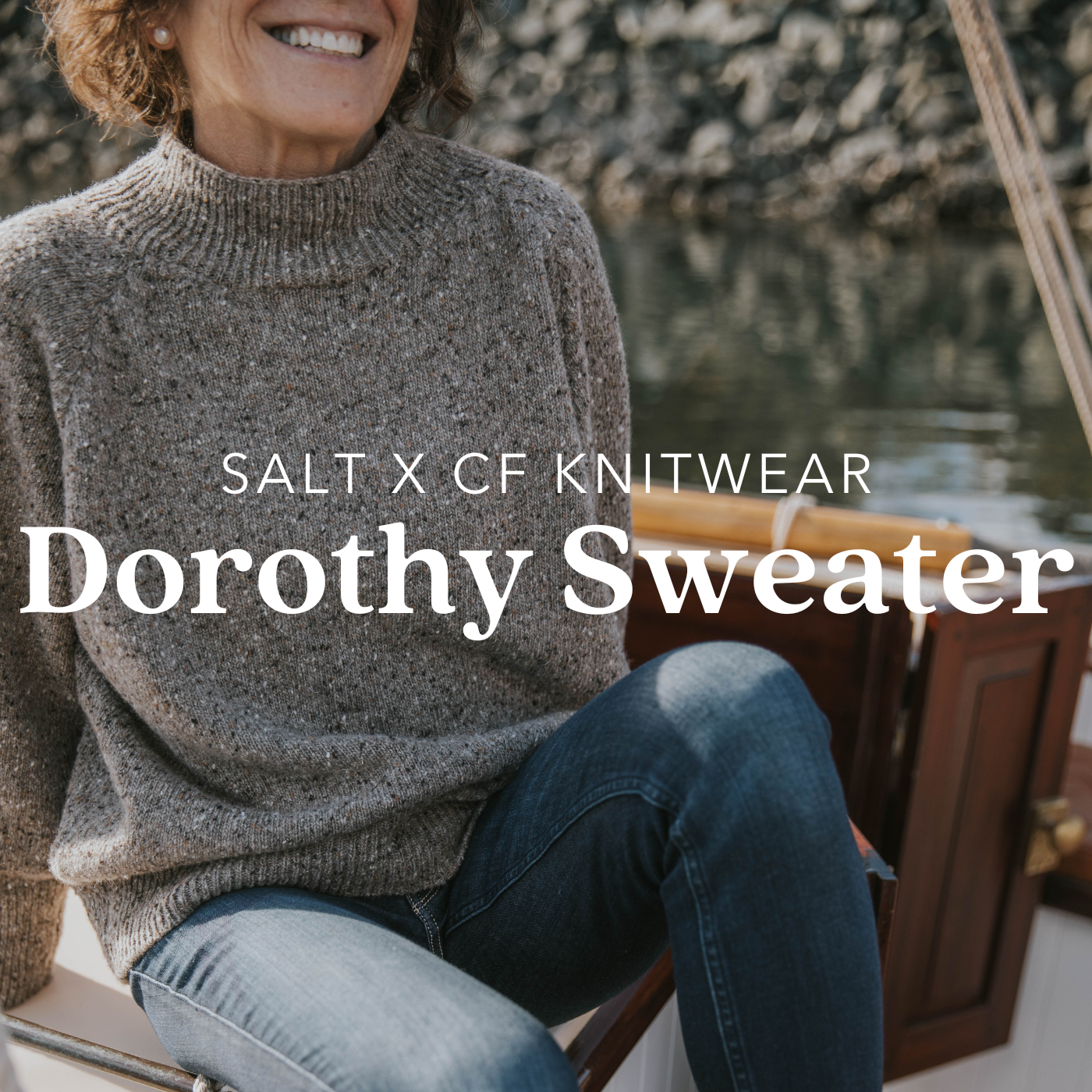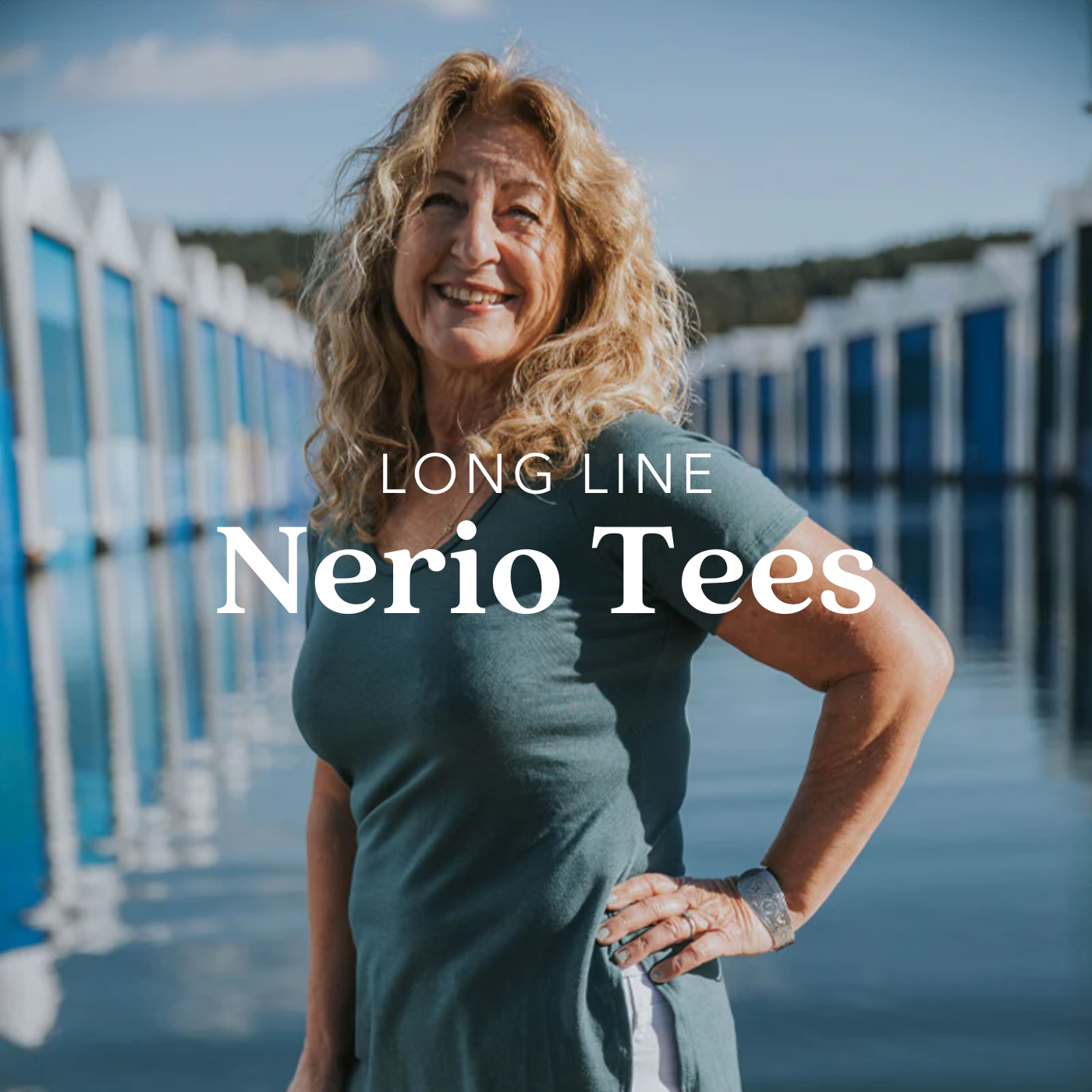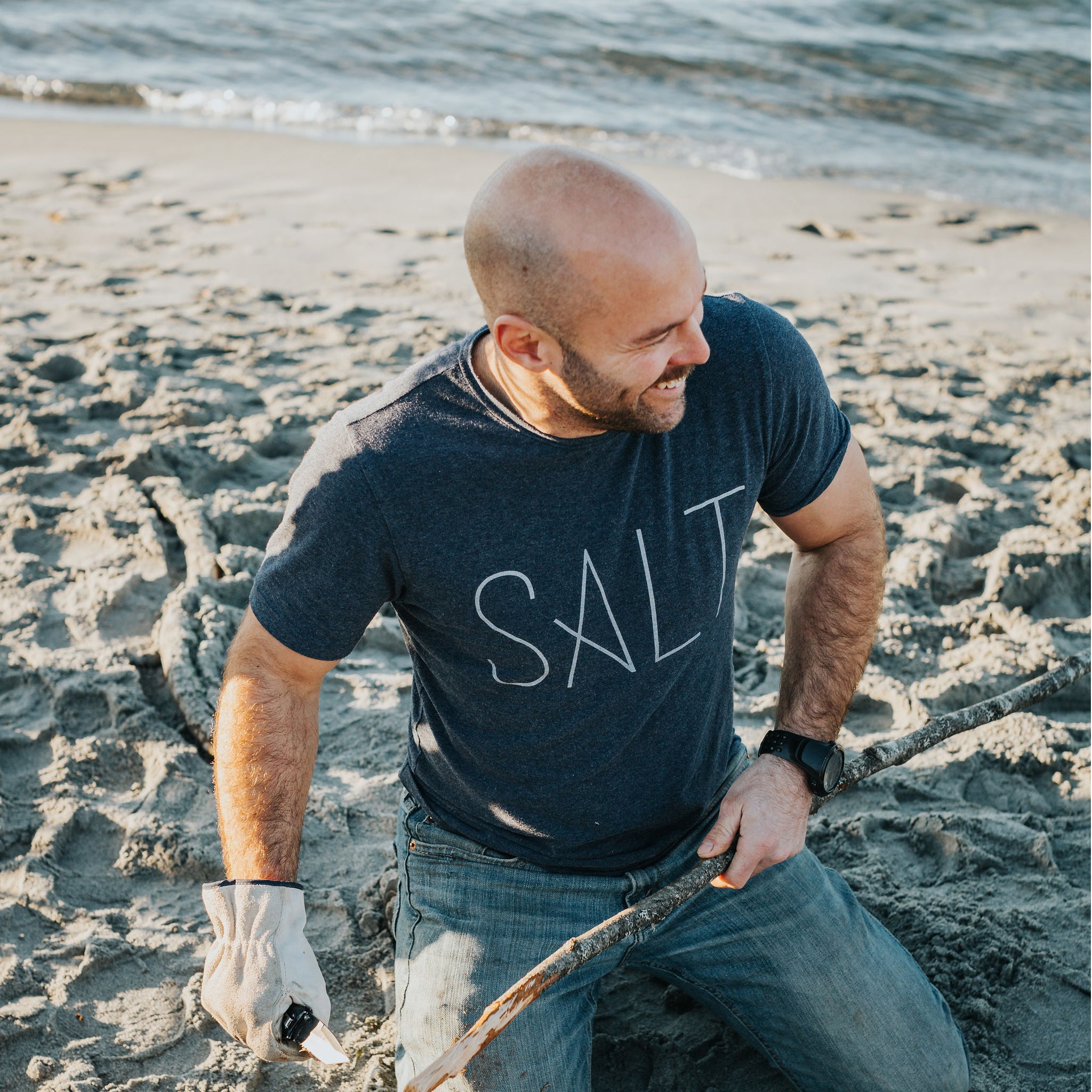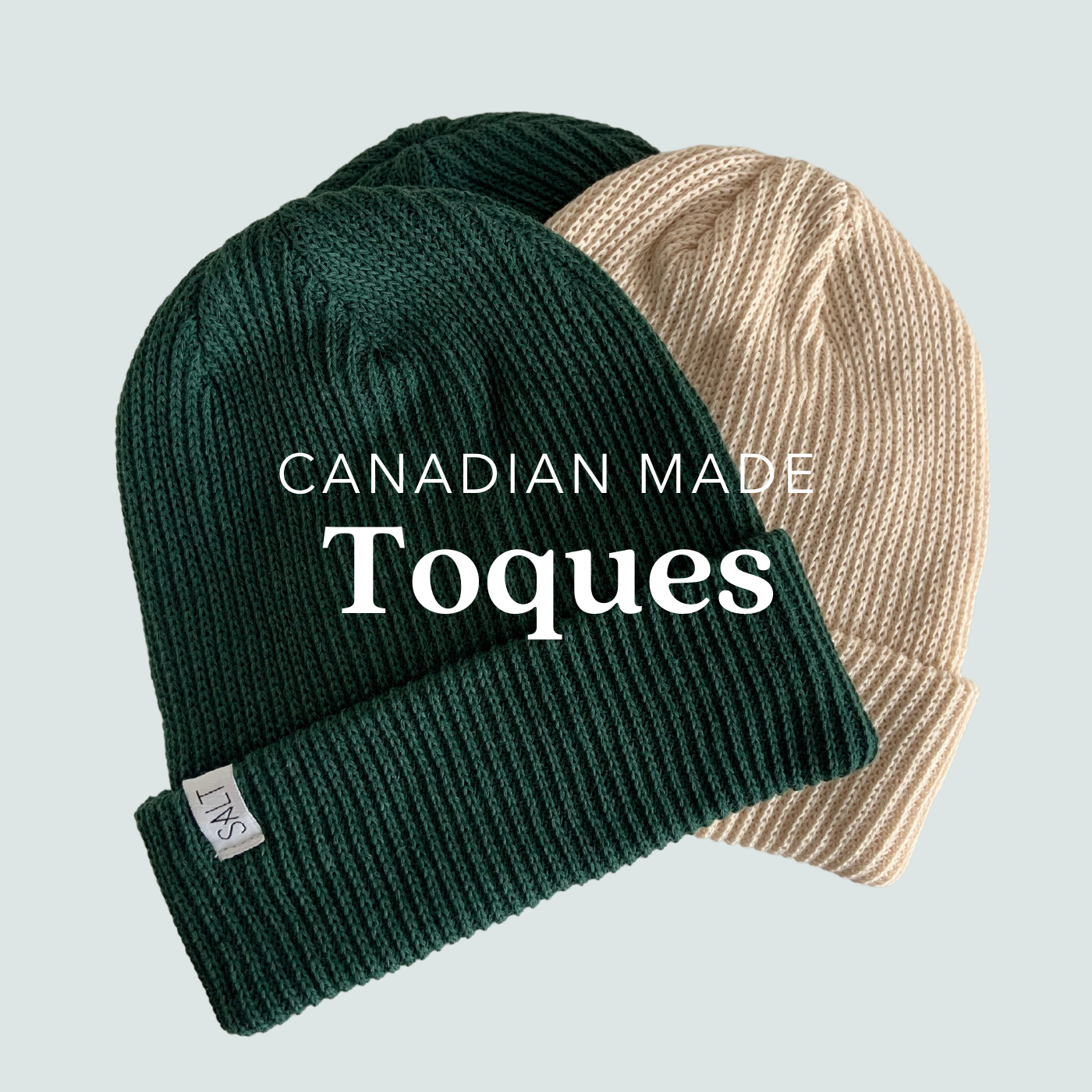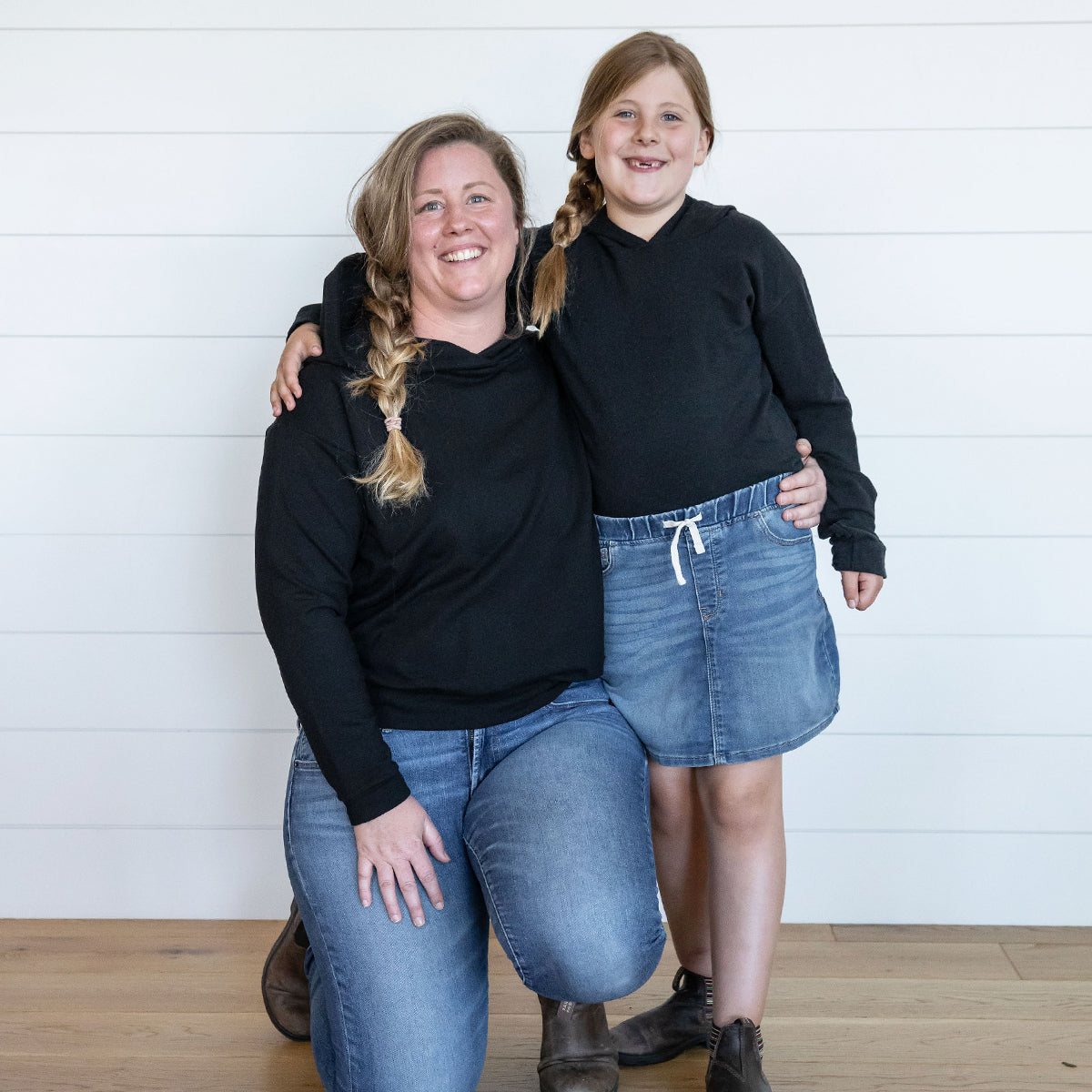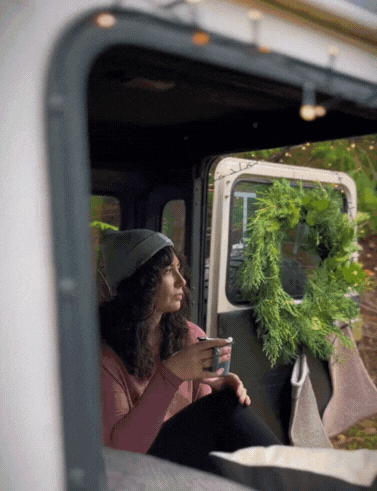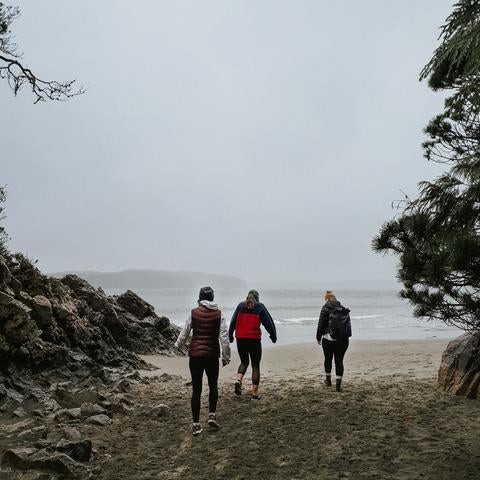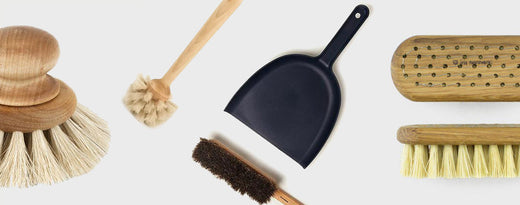
COOL DOWN | Changing Seasons, Changing Climates
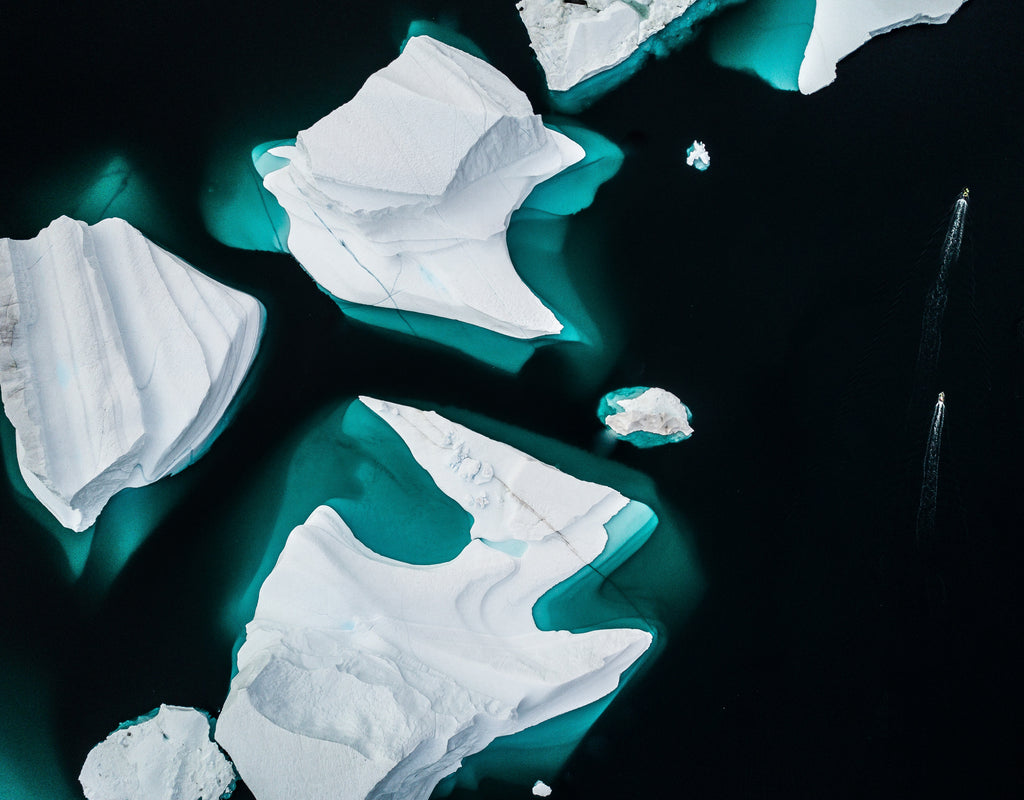
As we come into winter, we notice the wind nipping at our noses, frozen fingertips fumble with keys and shopping bags, and leaving the house without a jacket is no longer an option. While our attention is pulled towards this frosty weather, the awareness we have around climate change may wane. There (thankfully) aren't forest fires, droughts, and hurricanes on the news every day reminding us that the world has become a more volatile environment. Here in the Pacific Northwest, at least the southern part, we don't see much of the extreme cold snaps that other parts of the world experience, although we know they're happening.
The easiest term to associate with Climate Change is Global Warming, which often makes people think of summer, of hot, hot heat, and limited water. However, during the colder, often wetter months, these issues don't go away, they are just less prominent. As winter sets in, dropping temperatures don't fix the damage that has been done, nor do they mean that the changes are slowing down. It is important for us to keep in mind year round the impacts our consumption has on the globe, perhaps especially so when these changes aren't consistently brought to our attention.
When we think cold, we think of white landscapes, thick ice, snowy tundra, and frigid waters. Realistically, all of those things are high on the list of the items most indisputably affected by human driven climate change. And they are all intricately connected.

Ice Caps & Glaciers
It's difficult to ignore the disappearing ice caps and glaciers; we can see it happening so clearly. As they melt, the resulting rush of fresh water has to go somewhere, and that somewhere is mostly the ocean. This contributes to rising oceans that threaten a large degree of our coastal population (as Islanders, this really concerns us!). It can increase erosion, interfere with freshwater sources, disrupt currents, and contribute to extreme weather occurrences. It also deteriorates the ecosystems of land dwelling animals residing in ice covered tundras and polar habitats. With the rising temperatures, summers lengthen and these geological features don't have the time they need to recover and are slowly fading away.

Chionophiles
These are animals that thrive in cold weather conditions. They have adapted to living with at least some level of ice and snow all year round. Now their survival is being challenged with summers that take away nearly all the ice they depend upon, and not enough is returning in the winter. As their food sources and living areas shrink, so do their populations. Animals like Arctic Foxes, Caribou, Narwhal, the Beluga Whale, the Pacific Walrus, and the iconic Polar Bear are threatened by the changes in their habitats, not only from Climate Change, but other human driven activities. We have already lost so many species, we need to fight for those that remain.
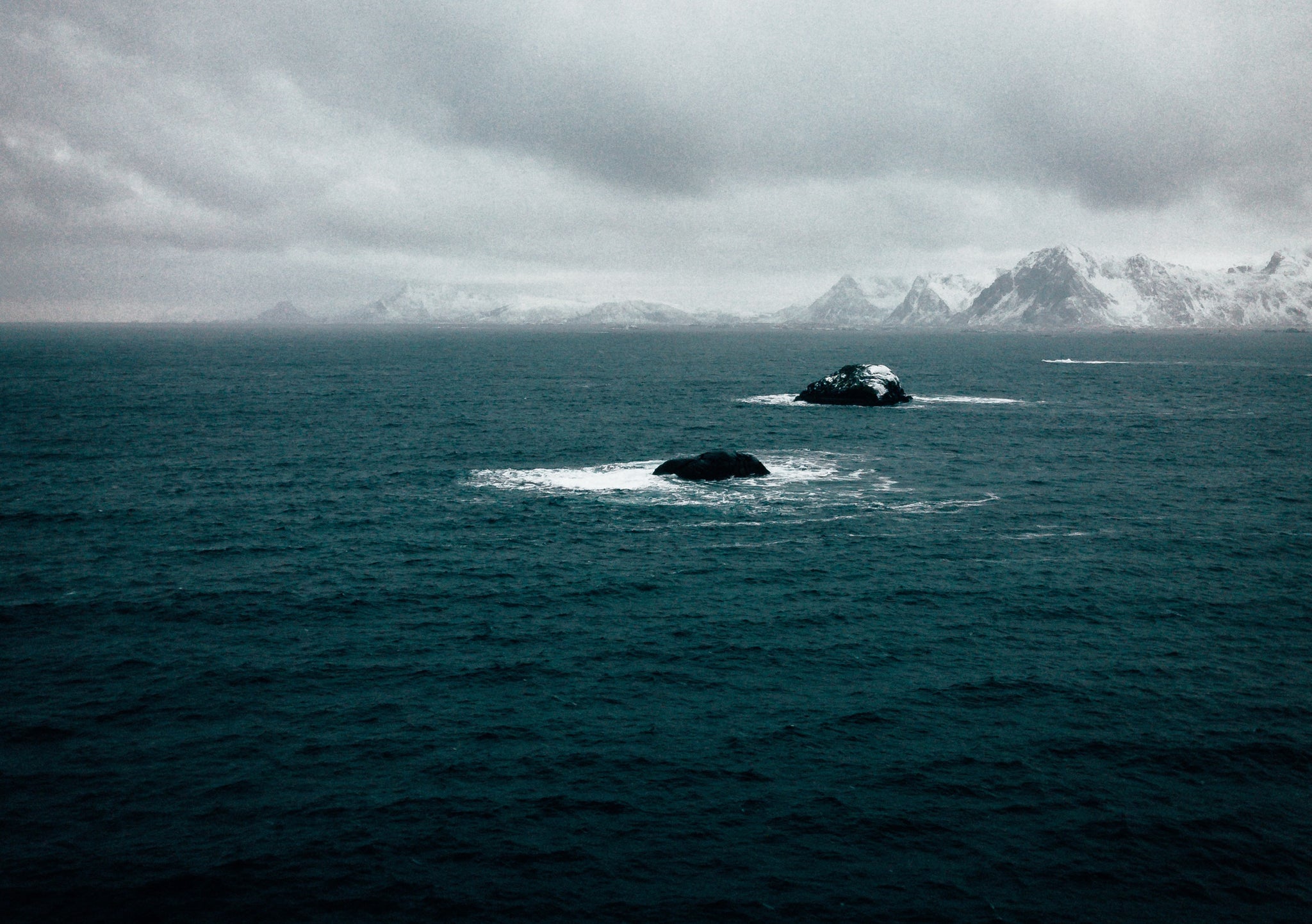
Oceans
Though we know that the dark winter waters would be freezing to our touch, even in the colder months the temperature increases in our oceans are still effecting every organism that resides in our salty waters. As National Geographic tells us, marine ecosystems seem to react more sensitively to changes than land environments. That means even though they are changing slowly, when they do, the consequences may be even more drastic. Like an entire coral reef dying, or food sources disappearing, causing species extinction (We urge you to give their findings a deeper read!). Some of the smallest species in the ocean, like phytoplankton, are very sensitive to shifts in their environment. Considering that "half of the world's oxygen is produced via phytoplankton photosynthesis..." (National Geographic), we should be taking these changes very seriously.

The implications that these changes have are far greater than we can briefly discuss, and there are so many more we haven't even touched on. We bring them to your attention though, to encourage everyone to live more mindfully, especially with the cold holiday season approaching. This time of year, we are tempted to leave our cars idling to keep them warm, purchase novelty gifts that will quickly end up in the bin, and make choices of convenience to avoid dealing with the weather. We're asking you to keep your mindfulness cap on (switch it for a toque if you need to), and make decisions with the greater good of our environment in mind. We all live here, we all need to continue doing so, we can all do our part.

